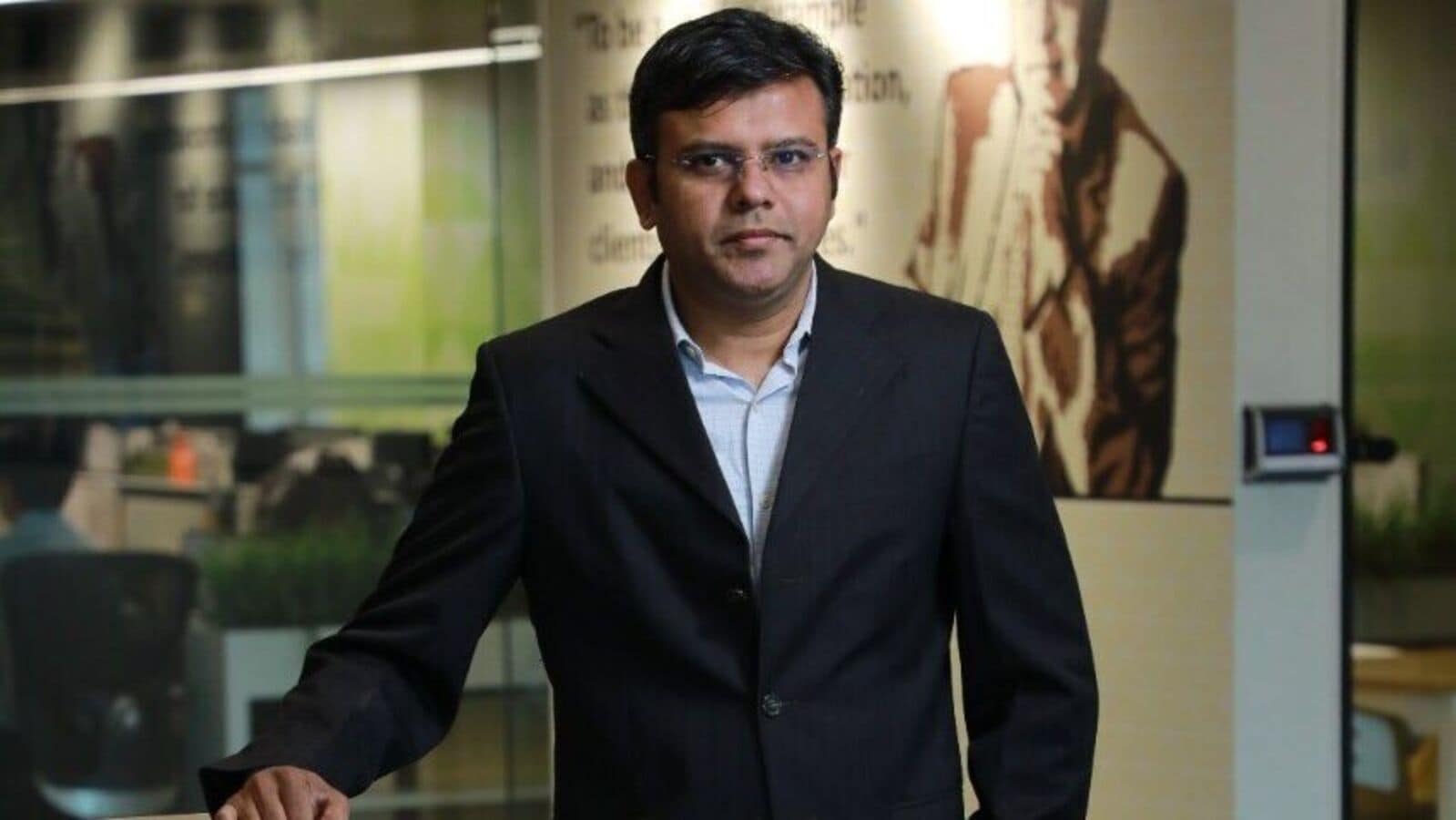
Experts said the court ruling runs against the Insolvency and Bankrupcy Code (IBC), which says secured creditors—or banks—have the first rights over the assets of a troubled property developer. If several competing interests, including government agencies, start laying claim to the same assets, it might jeopardize the insolvency resolution process, experts said.
The SC earlier this year held the Greater Noida Industrial Development Authority as a secured operational creditor has equal rights over the assets of a real estate developer as that of other secured creditors.
The apex court’s judgment in February backed GNIDA’s claim as a secured creditor, which meant state agencies that leased out land for housing projects needed to be warranted being treated as secured creditors, experts said. The resolution plans of distressed real estate companies already approved by their panel of creditors, need to be reviewed in light of the apex court order, the experts added.
The Supreme Court, in the case ‘Greater Noida Industrial Development Authority v. Prabhjit Singh Soni & Anr’, ruled that not placing GNIDA in the class of secured creditors in the resolution plan approved by the National Company Law Tribunal (NCLT) for a real estate developer in the national capital region did affect the state agency’s interest.
GNIDA formed under the UP Industrial Area Development Act had given land for the residential project in Greater Noida. The court set aside the resolution plan and ordered it to be sent back to the panel of creditors for resubmission in view of IBC as demonstrated in its order, the judgment available from the court’s website showed.
The apex court’s interpretation contrasts with the preamble of IBC, which describes one of its goals to be balancing the interests of all stakeholders including alteration of the order of priority of payment of government dues.
In the order of priority of payment of dues, government dues are ranked below those of secured creditors, along with unsecured creditors.
“The Supreme Court order has added a new dimension to IBC as it places a state agency at par with secured creditors. This will have repercussions for a lot of stressed real estate projects waiting for a resolution plan. Even plans approved by committee of creditors have to be reviewed,” said a person who is informed about discussions in the government about the apex court’s order.
Anoop Rawat, partner (insolvency and bankruptcy) at law firm Shardul Amarchand Mangaldas & Co said that in view of the court decision, there might be opening up of resolution plans already concluded by committees of creditors.
“It is antithetical to the insolvency resolution principles and it can take us back a bit as giving the treatment of secured debt to statutory dues could have undesirable consequences to the objectives of the IBC,” said Rawat.
Rawat said that security interest is defined in IBC as one that is created by virtue of a transaction, which is defined to mean an agreement or arrangement in writing and does not include statutory charge.
“It is important to note in this context that under another statute, the Securitisation and Reconstruction of Financial Assets and Enforcement of Security Interest (Sarfaesi) Act of 2000, crown debt is subordinate to the interest of secured creditors. Similarly, IBC is also designed to provide secured debt, a priority over statutory dues and other operational debts including those of government authorities,” said Rawat.
According to information available from the Insolvency and Bankruptcy Board of India (IBBI), 21% of the over 7,500 companies so far admitted for debt resolution are real estate companies. They also account for 18-25% of all companies for which either rescue plans were approved, or were settled out of court or were withdrawn or even liquidated. Figures indicate that over 440 real estate developers are among the 1920 cases pending in bankruptcy tribunals now.
The ministry of corporate affairs had in January 2023 sought public comments to remove ambiguity on the status of government dues after the apex court in another case in 2022 between Gujarat state tax authorities and Rainbow Papers Ltd. held that the state was a secured creditor under Gujarat VAT Act.
The ministry’s proposal was to clarify that all debts owed to Central and state governments irrespective of whether they are secured creditors by operation of statute, will be treated at par with other unsecured creditors. Also, only the security interest created as a result of a transaction between the government and a debtor would be treated as a secured creditor in the order of priority.
However, a Bill to amend the IBC which the ministry has been working on is not listed for the current session of Parliament. It is likely that it may be tabled in the winter session of Parliament. In the meantime, the Supreme Court’s interpretation prevails, said the first person quoted above.
Queries emailed to the ministry and to GNIDA seeking comments for the story remained unanswered at the time of publishing.





